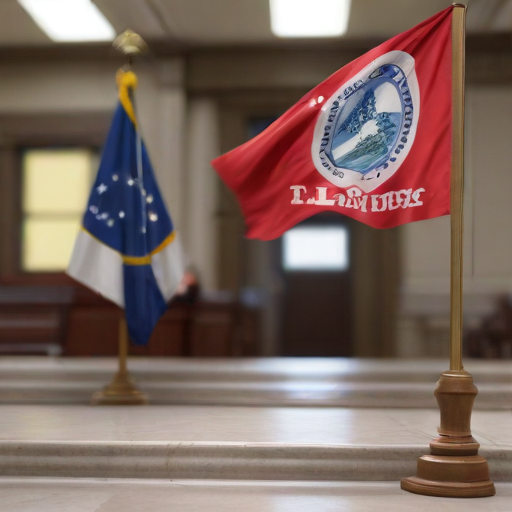The Illinois State Supreme Court has annulled Jussie Smollett’s conviction for allegedly lying about a hate crime that took place in Streeterville, in a unanimous ruling delivered Thursday. The court has ordered that the case be sent back to the circuit court to officially dismiss the charges, stating that Smollett’s original conviction constituted a “due process violation.”
In a landmark 5-0 decision, the Supreme Court held that a previous agreement between Smollett and Cook County State’s Attorney Kim Foxx, which stipulated that criminal charges would be dropped in return for a fine and community service, should have been upheld. The court emphasized that societal interest in prosecuting crimes cannot overshadow the obligation to respect legal agreements made by the state.
Jussie Smollett faced felony disorderly conduct charges in 2019 after allegedly fabricating a hate crime with the assistance of two brothers, who reportedly assaulted him and put a noose around his neck. However, Foxx’s office later reached an agreement to clear him of the charges, believing that further prosecution would not serve justice.
While Smollett’s legal team celebrated the ruling, stating it underscored the need for the state to honor its commitments, the Special Prosecutor, Dan Webb, expressed disappointment and disagreed with the Supreme Court’s decision, citing substantial evidence from the trial that indicated Smollett’s guilt.
This ruling does not erase the facts surrounding Smollett’s original case; however, it does highlight a significant legal precedent concerning prosecutorial agreements. Legal analysts note that this decision reinforces the system’s integrity by emphasizing that all parties must adhere to their promises.
As the legal debates continue, Smollett’s future may still include civil actions related to the city of Chicago’s pursuit of reimbursement for investigative costs. Overall, this development signifies a pivotal moment in the intersection of public interest and legal accountability in high-profile cases.
In a more optimistic light, this ruling can be seen as a call for fairness and adherence to legal standards, ensuring that no one is unfairly treated by the justice system. It serves as a reminder of the importance of protecting constitutional rights and upholding justice for all, irrespective of public opinion. This situation encourages future discussions about how criminal justice systems can better serve individuals while maintaining community trust and integrity.
